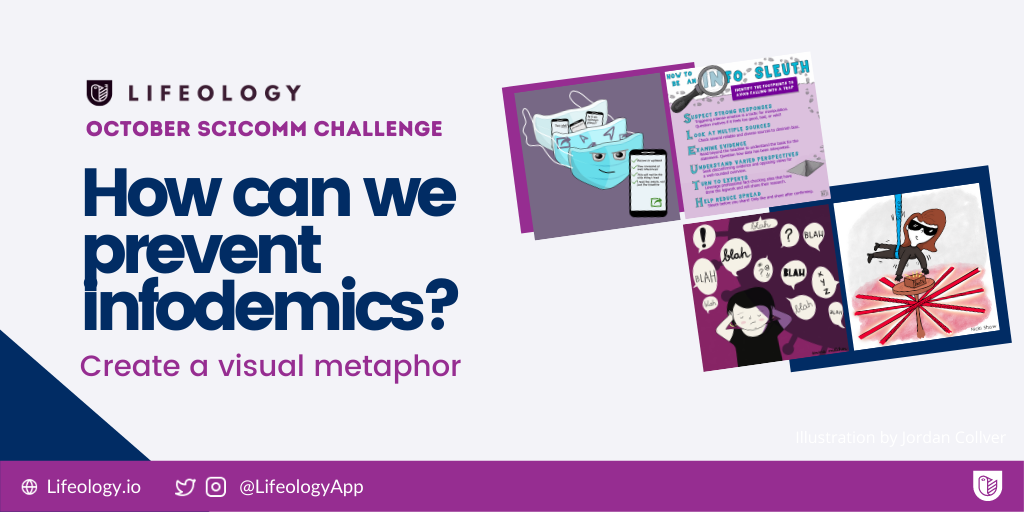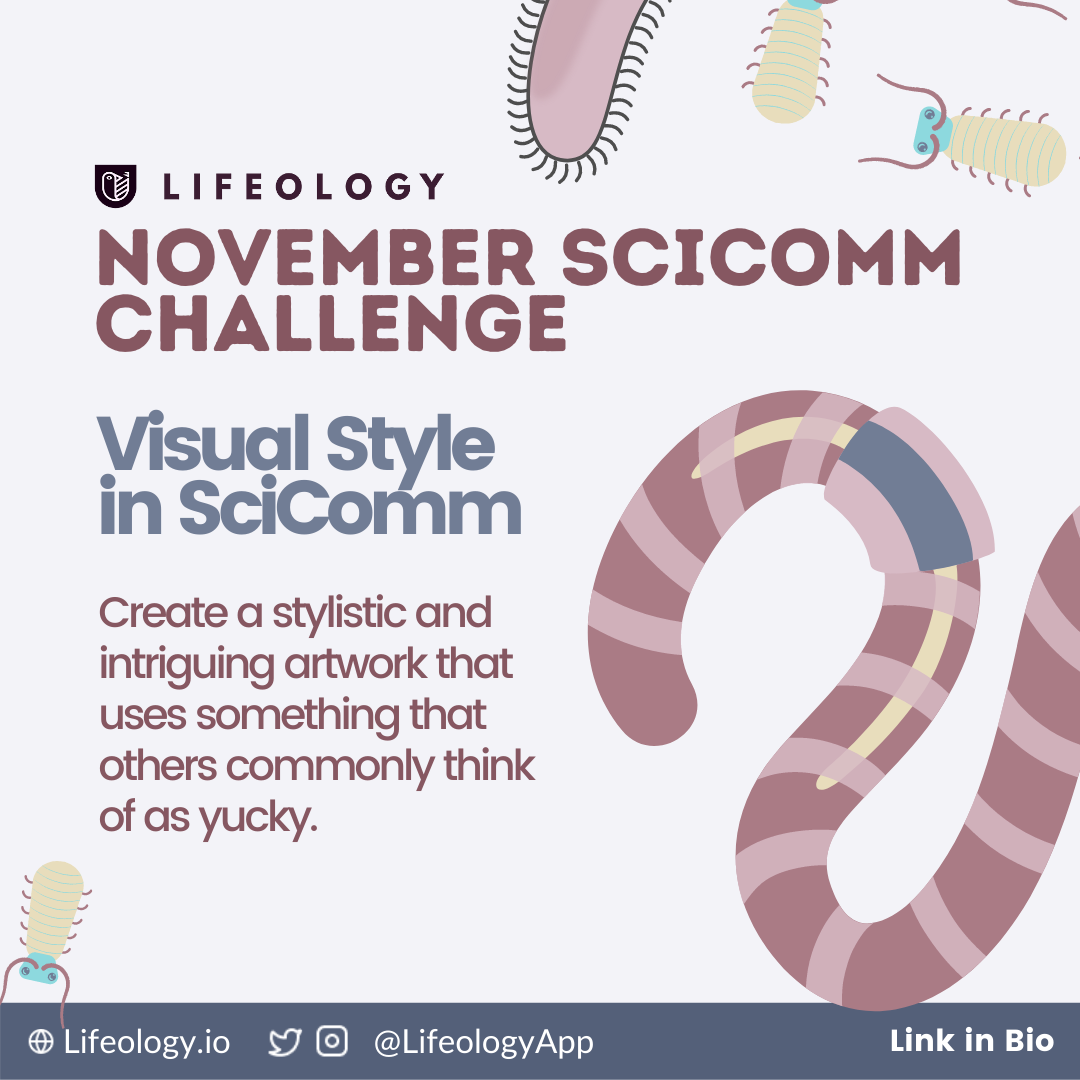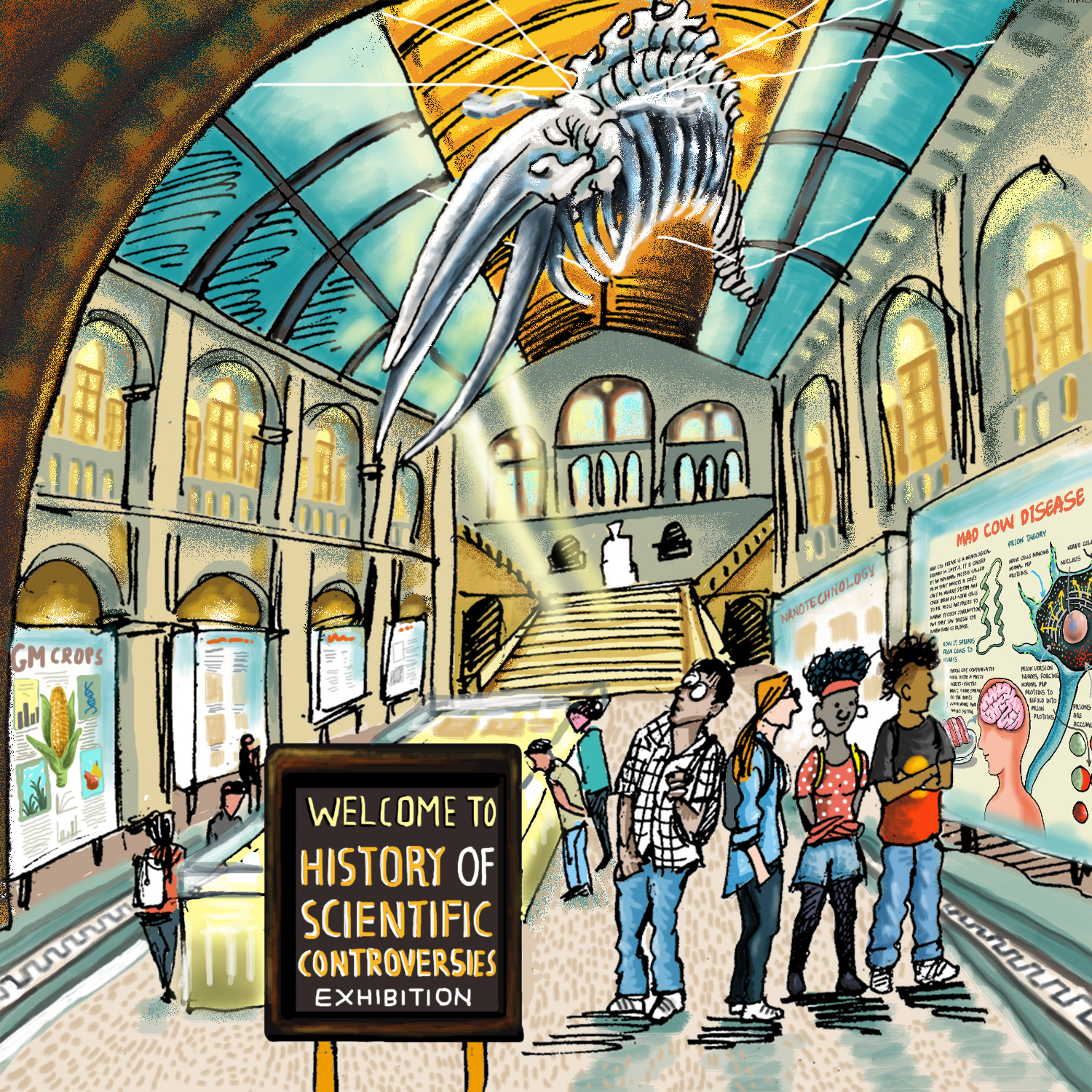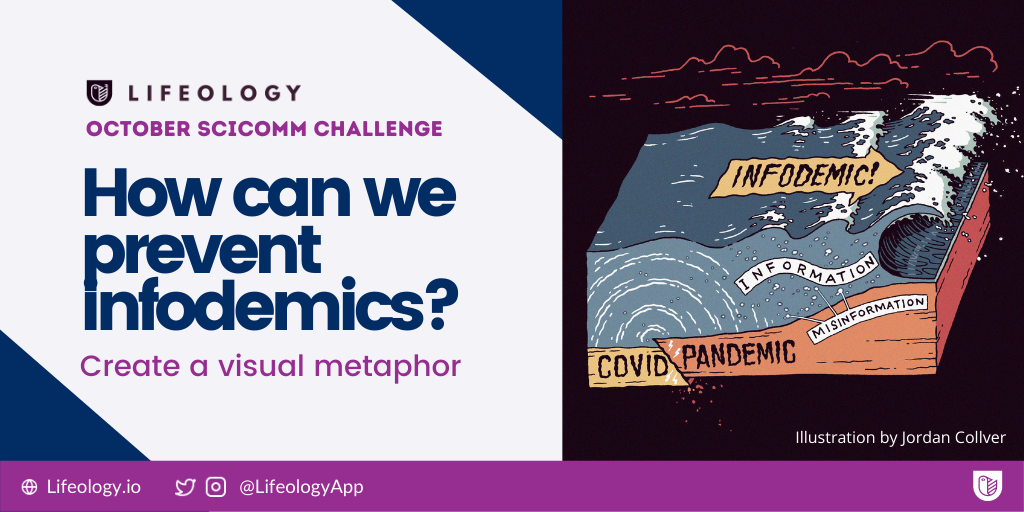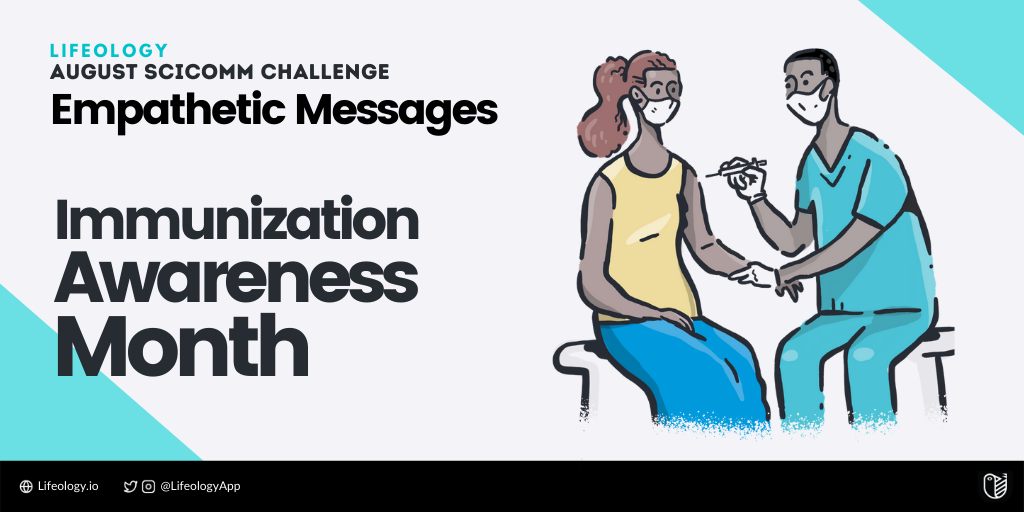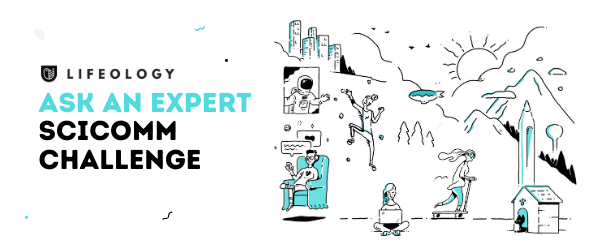
In March, our mission was to highlight the trust gap that exists between health professionals, researchers, clinicians, and the general public. We launched a new Lifeology course on How to Build Trust in Science and Health, and we organized a panel of experts from various fields to talk about the Health Trust Gap and how to fix it in a virtual SXSW 2021 event.
We also launched our monthly SciComm Challenge and asked you to create a coloring sheet for kids on the theme “Ask an Expert”. Asking questions is important and admitting when you don’t know the answer to something leads to relationship building, greater dialogue, and may increase openness to learning. There are many people in the science and education communities who believe they must be right, but this can hinder empathetic listening, discovery, learning, effective communication and progress.
Here is a selection of coloring sheet entries:
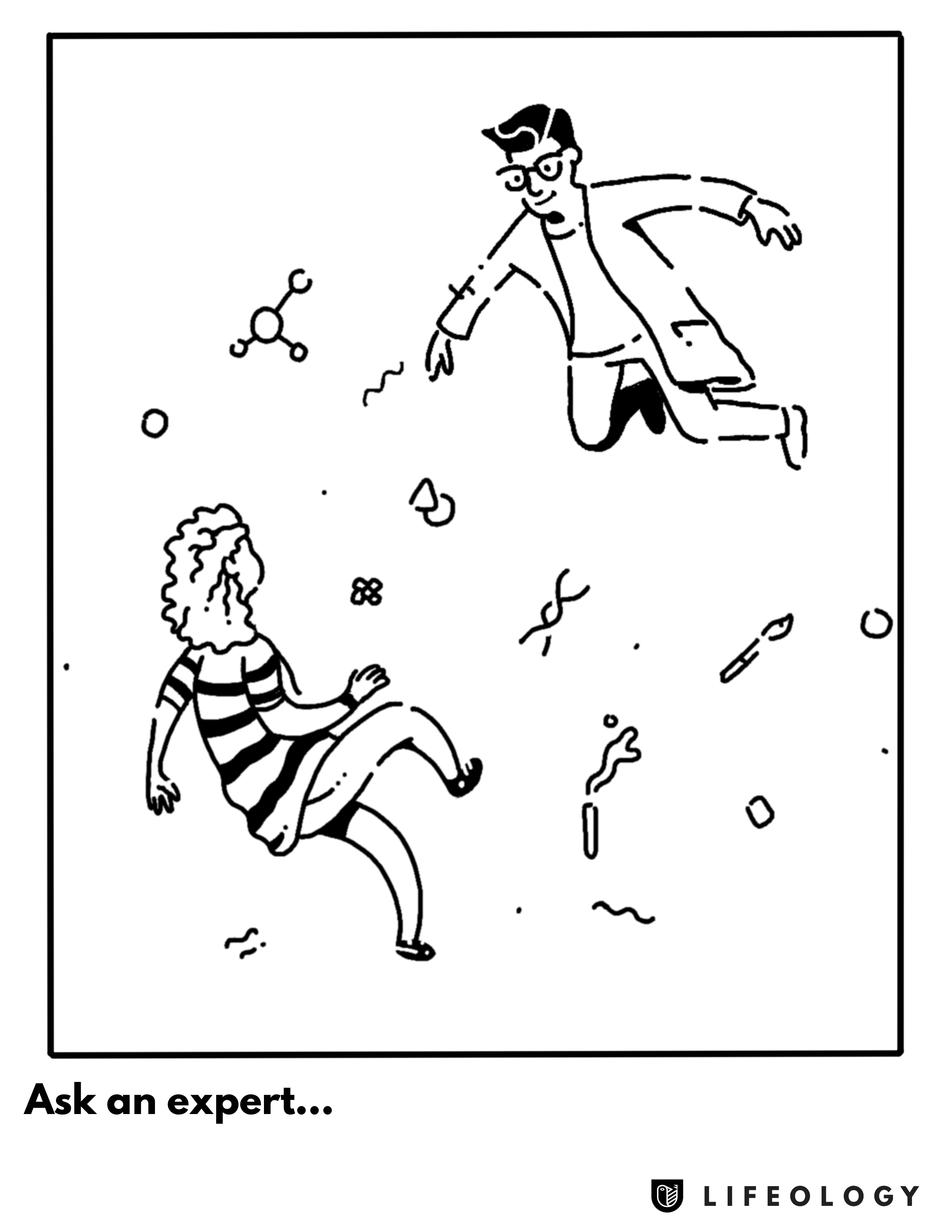
Lifeology Team Example
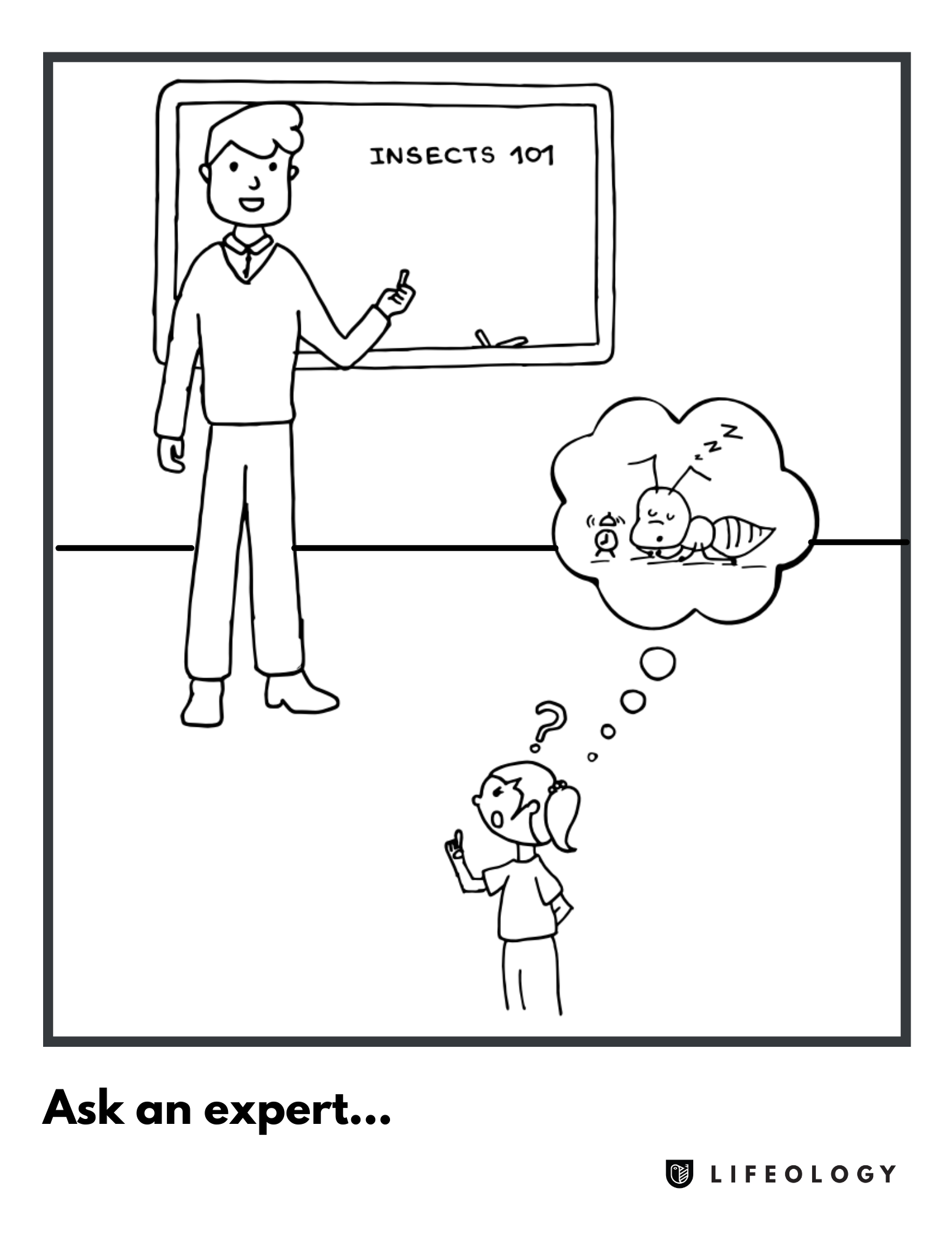
Winner
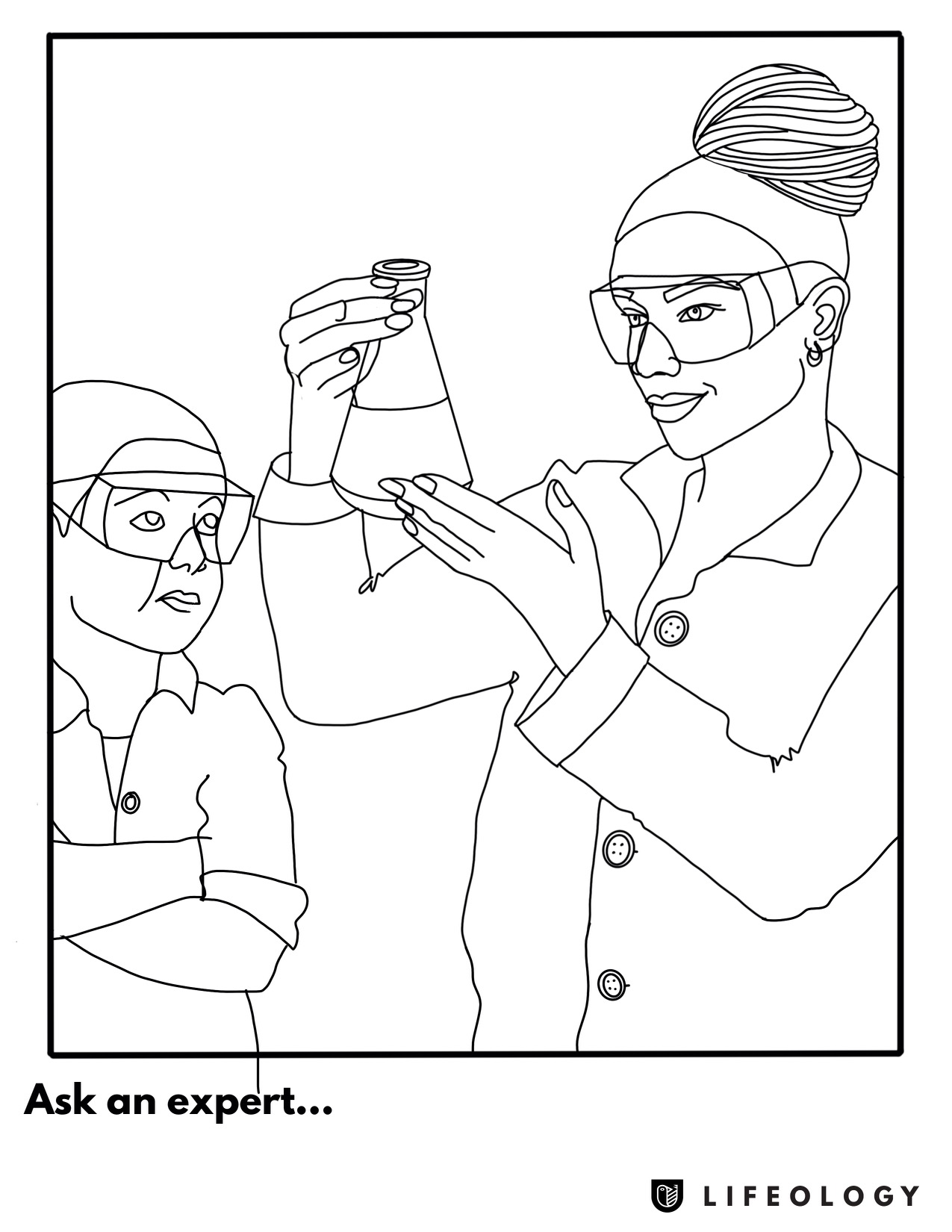
Lifeology Team Example
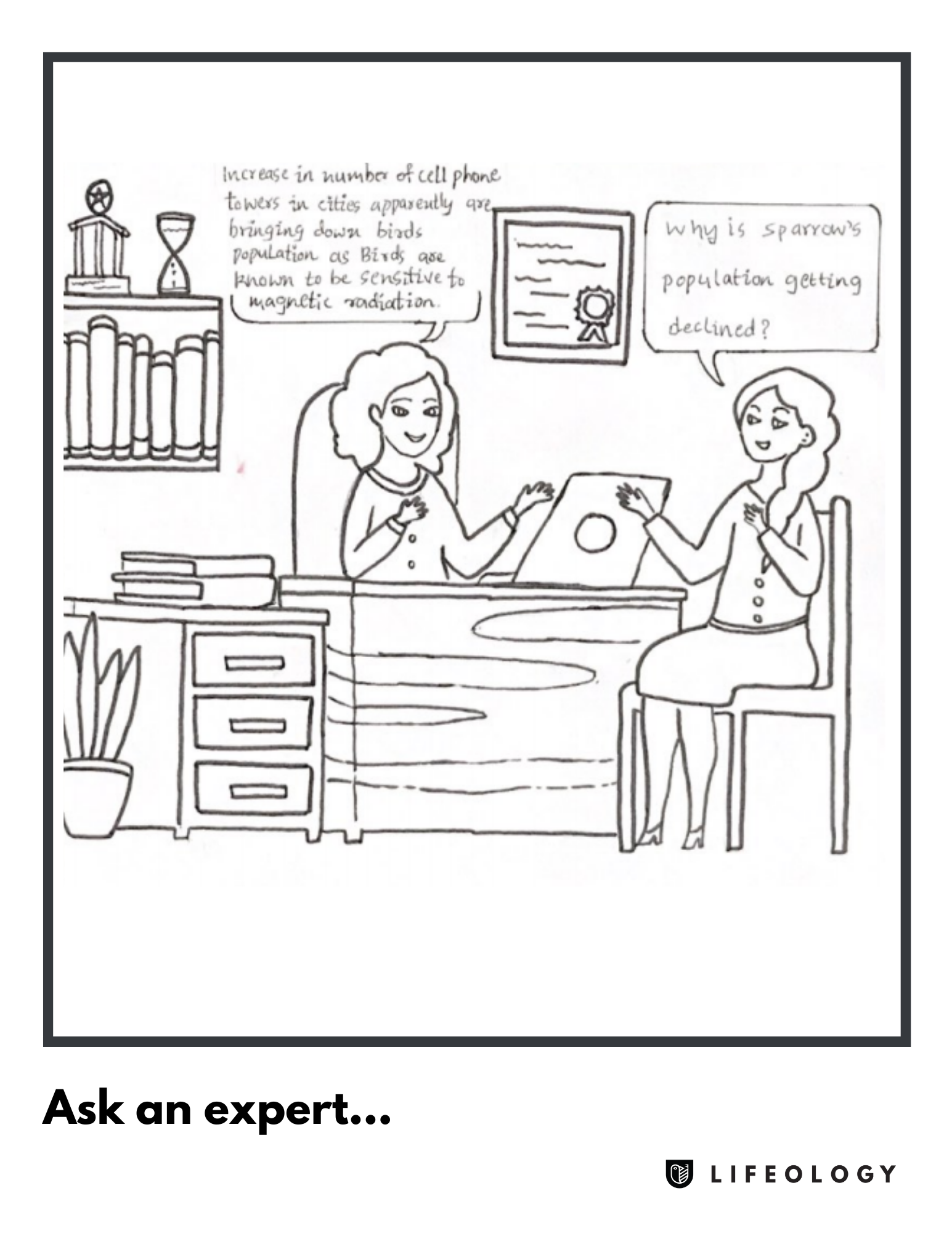
Runner Up
Our winner, Maria Xenaki is an agricultural scientist and MSc candidate. She tells us about her entry:
When I was five, after deep contemplation, I asked my parents if ants sleep. Before they could answer, I followed up – “and do you know if they have eyelids? if they sleep and have eyelids, do they close them when they sleep?” About 15 years later, I found myself in a research lab of my university asking the very same question; this time as an agricultural scientist in the making, addressing a professor of Entomology. His insights but most importantly his attitude towards my seemingly silly question is what inspired me to choose my major in the last two years of my BSc studies.
And if you are curious, just like all living things, ants do need rest. That said, they don’t sleep in the same sense as humans do. They usually stay still and conserve energy, while remaining relatively alert to environmental cues like predators. As far as closing their eyes when they rest, insects don’t have eyelids – they see through a set of tons of little eyes that form two bigger ones and simpler 3-unit structures that detect changes in light.
Here is the challenge for April: Create a science meme on the theme “Transparency in Science”! If you are interested in participating, learn more here.
